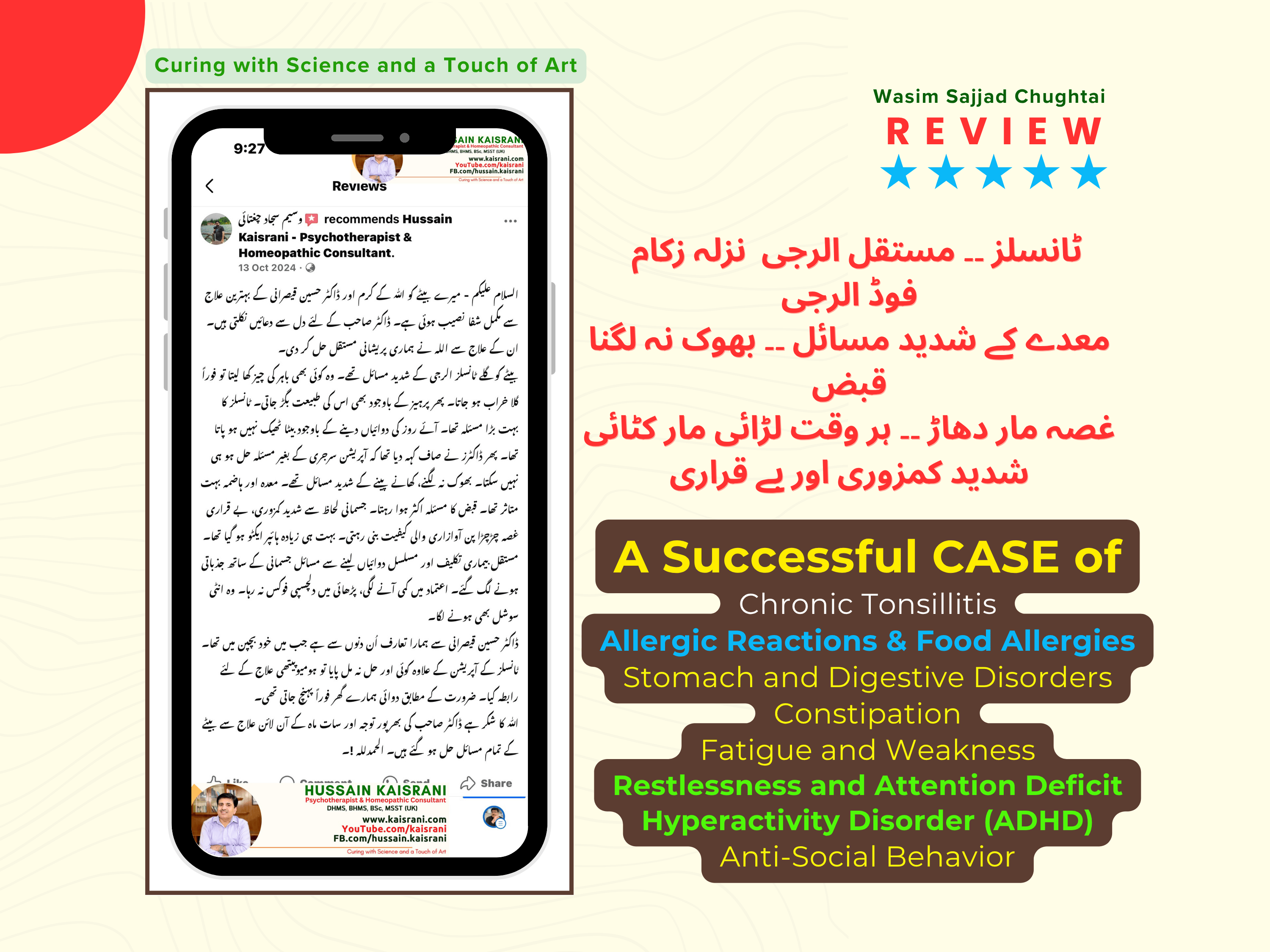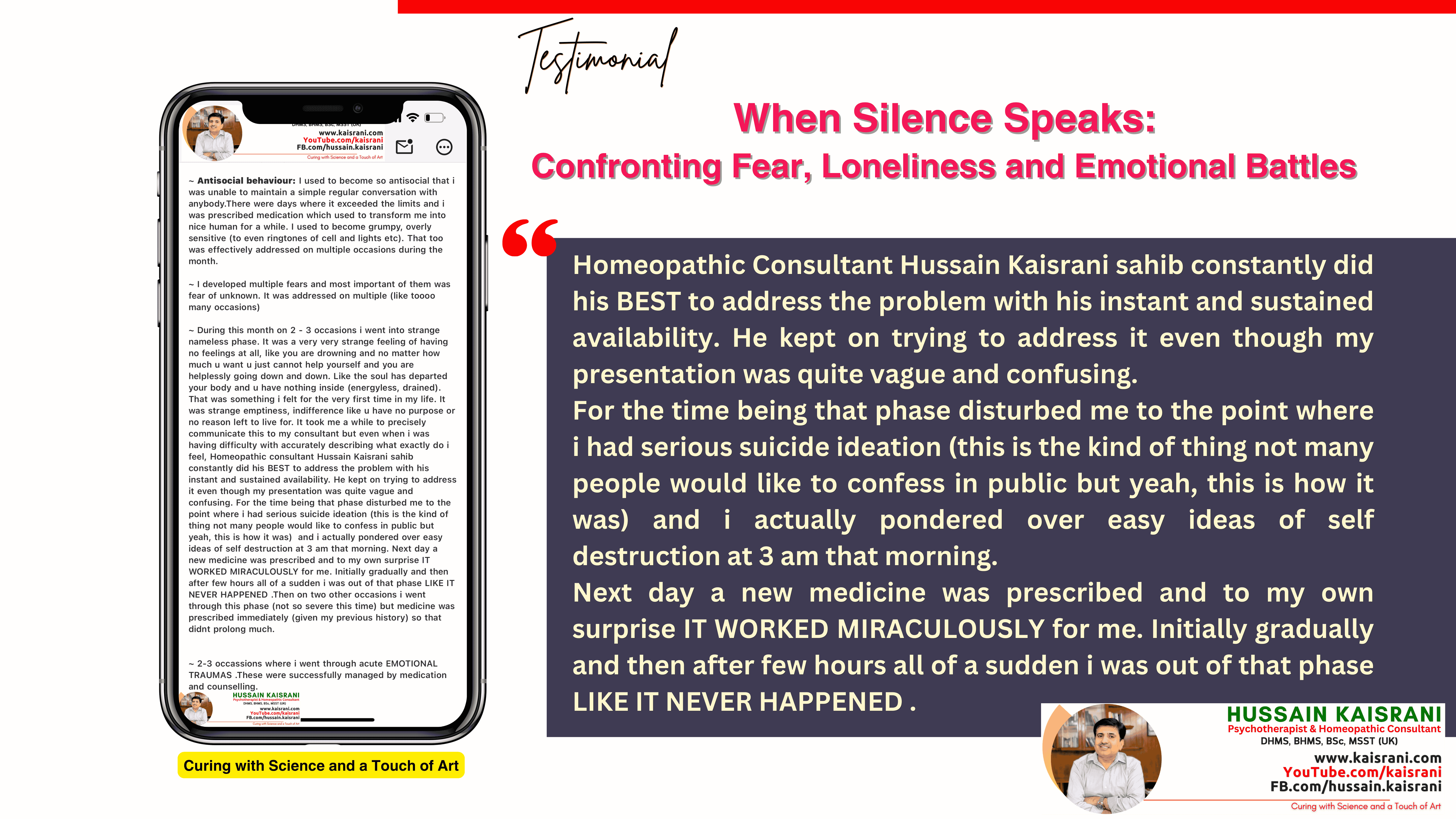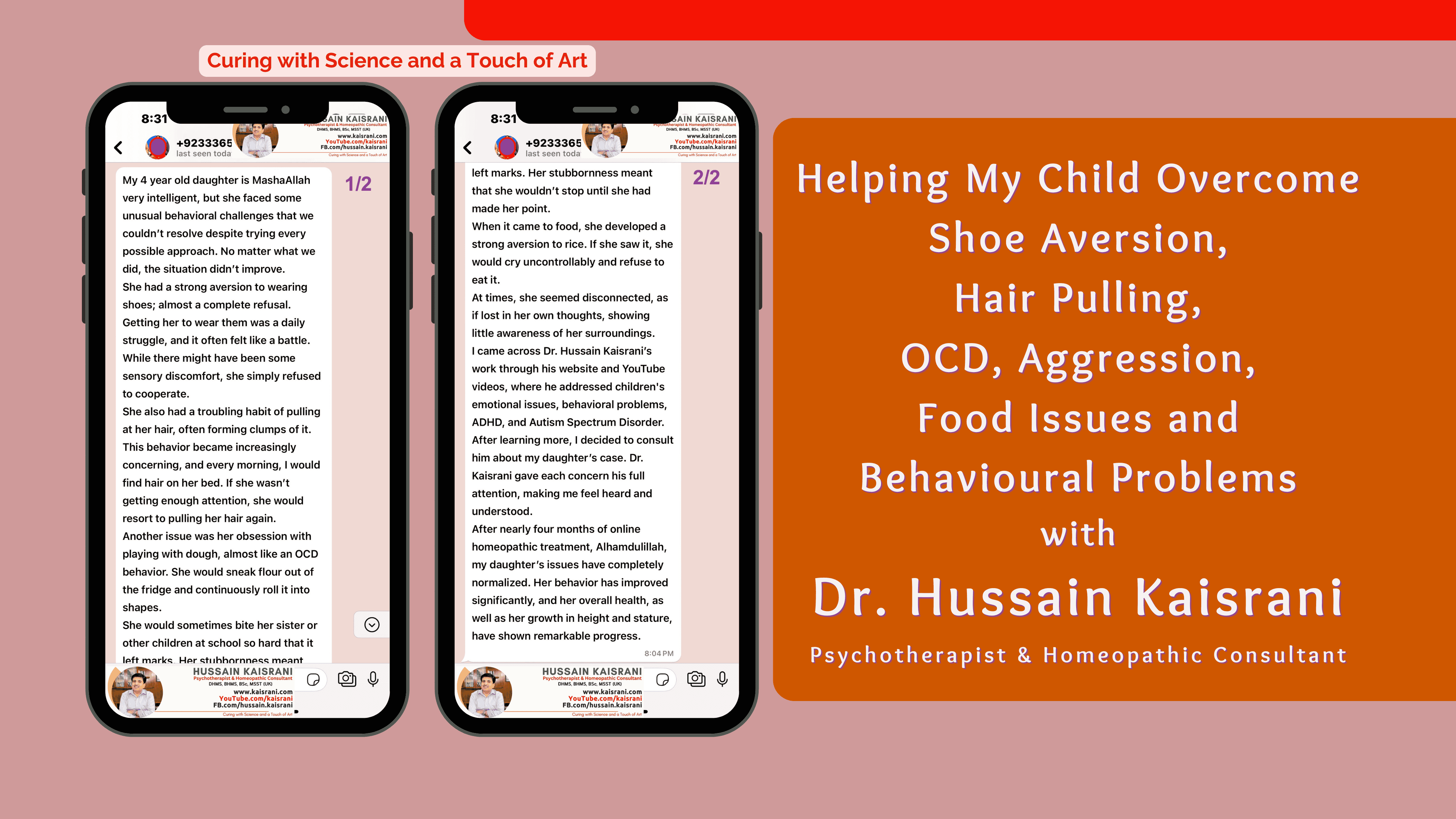Amaurosis – Homeopathy Treatment and Homeopathic Remedies
Amaurosis (Greek meaning darkening, dark, or obscure) is vision loss or weakness that occurs without an apparent lesion affecting the eye [1]. It may result from either a medical condition or from excess acceleration, as in flight. The term is the same as the Latin gutta serena. Types of Amaurosis Leber’s congenital amaurosis is















